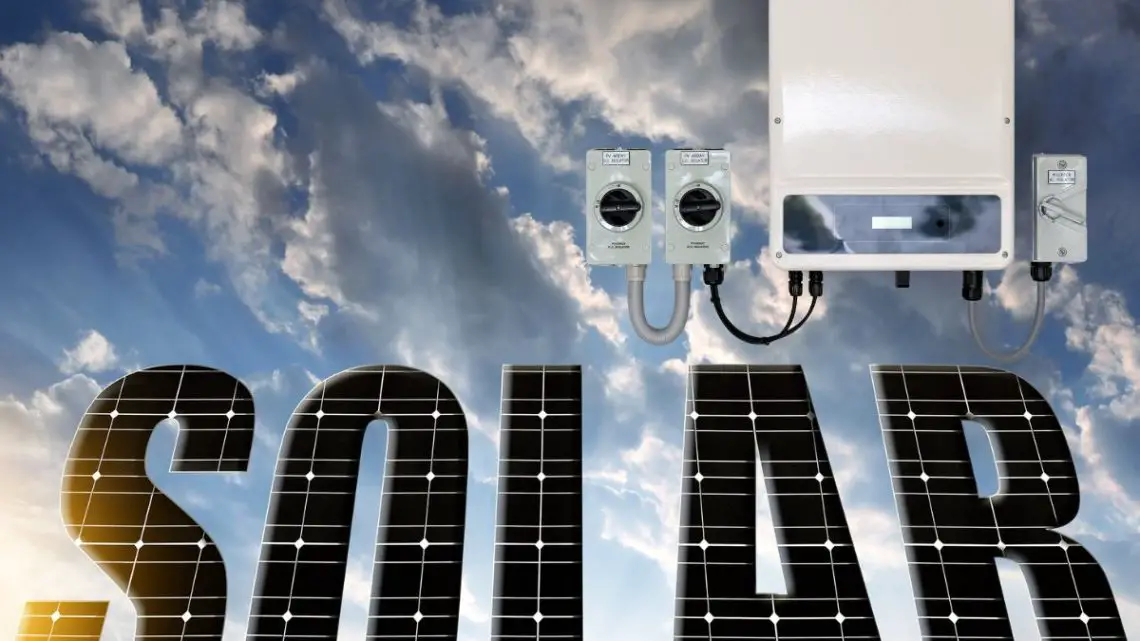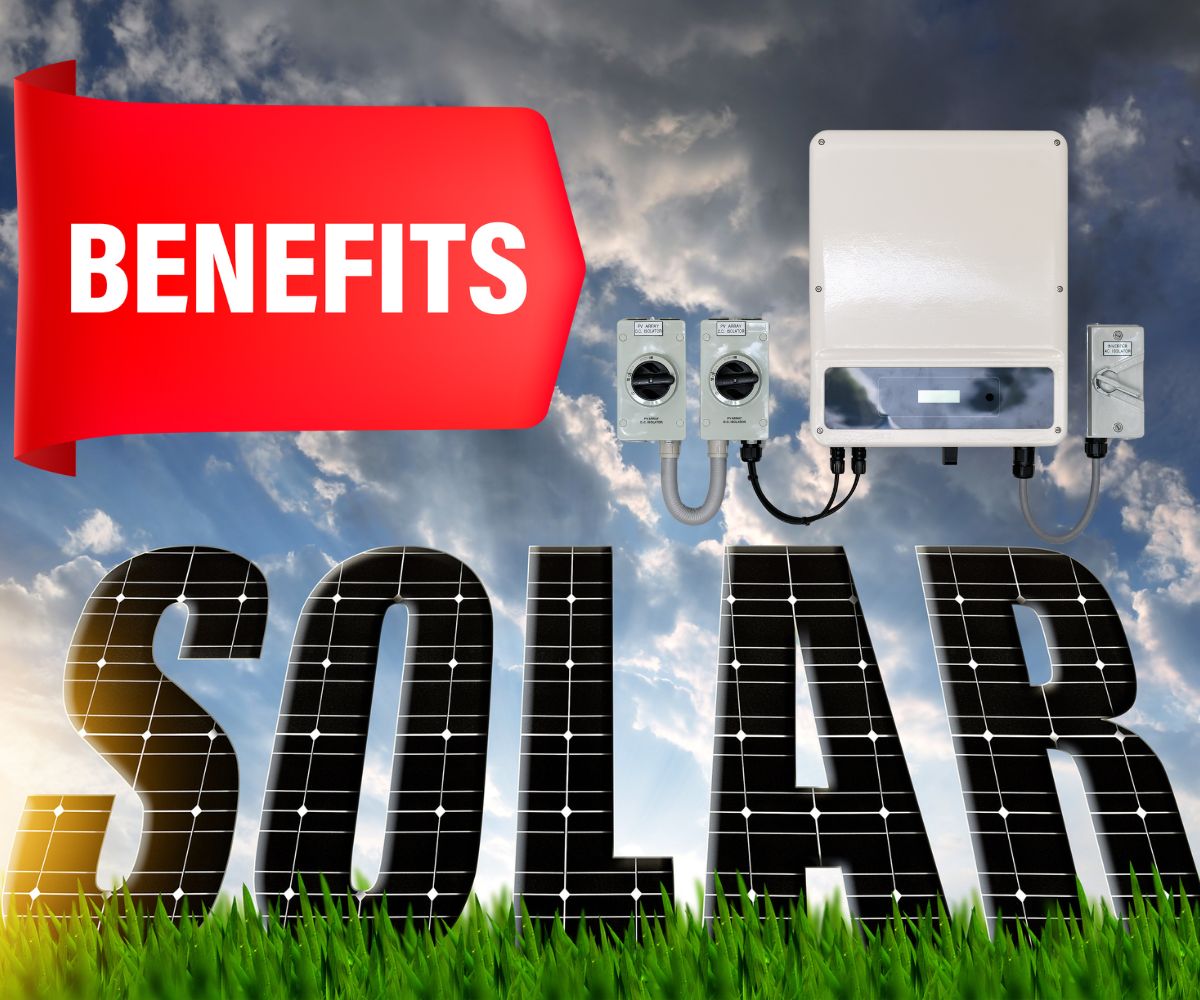
What is a Hybrid Solar Inverter and How Does It Work?
July 16, 2024Hybrid solar inverters represent a significant advancement in solar energy technology, combining the functionality of traditional grid-tied inverters with battery storage capabilities. These innovative devices play a crucial role in modern solar energy systems by efficiently managing power flow between solar panels, batteries, and the grid. As the demand for reliable and flexible renewable energy solutions grows, hybrid inverters are becoming increasingly important for both residential and commercial applications. This article will explore the key features, benefits, and considerations of hybrid solar inverters, shedding light on their pivotal role in maximizing energy independence and optimizing solar power utilization.
What is Hybrid Solar Inverters?
Hybrid solar inverters are advanced devices that combine the functionality of traditional grid-tied inverters with battery storage capabilities. These innovative units convert DC power from solar panels into AC power for home use while also managing power flow between the panels, batteries, and the grid.
Unlike traditional inverters that only convert solar energy for immediate use or feed it back to the grid, hybrid inverters can store excess energy in batteries for later use. This key feature distinguishes them from standard grid-tie inverters and standalone inverters.
The main components of a hybrid solar inverter include:
- DC-to-AC converter for solar panel output
- Battery charge controller
- Grid-tie functionality
- Intelligent power management system
Hybrid inverters offer greater energy independence and flexibility compared to other inverter types. They can operate in various modes, including grid-tied, off-grid, and backup power modes, making them versatile for different energy needs. By integrating battery storage capabilities, hybrid inverters provide a more comprehensive solution for maximizing solar energy utilization and ensuring power availability during grid outages.
How Hybrid Solar Inverters Work?
Hybrid solar inverters work by efficiently managing the flow of electricity between solar panels, batteries, and the grid. Here’s a detailed explanation of their working mechanism:
- Solar Energy Conversion: The process begins with solar panels capturing sunlight and converting it into direct current (DC) electricity.
- DC to AC Conversion: The hybrid inverter then converts this DC electricity into alternating current (AC) for use in homes and businesses.
- Power Distribution: The inverter intelligently distributes this AC power to meet immediate energy needs of the household or business.
- Battery Charging: Excess energy not immediately used is directed to charge the connected batteries, storing it for later use.
- Grid Interaction: If there’s still surplus energy after charging batteries, the inverter can feed it back into the grid.
- Power Management: During low solar production or high energy demand, the inverter can draw power from the batteries or the grid to ensure continuous supply.
- Bidirectional Functionality: Hybrid inverters can also convert AC power from the grid to DC for battery charging when needed.
- Monitoring and Optimization: These inverters often include sophisticated monitoring systems to track energy production, consumption, and storage, optimizing overall system performance.
The hybrid solar inverter acts as the brain of the system, constantly balancing power flow between solar panels, batteries, household loads, and the grid. This intelligent management ensures maximum utilization of solar energy, reduces reliance on the grid, and provides backup power during outages, making hybrid systems highly efficient and reliable.
Advantages of Hybrid Solar Inverters
Hybrid solar inverters offer several significant advantages that make them an attractive option for both residential and commercial solar installations:
- Energy Efficiency and Cost Savings: Hybrid inverters optimize energy usage by intelligently managing power flow between solar panels, batteries, and the grid. This results in reduced electricity bills and maximized self-consumption of solar energy.
- Backup Power: During grid outages, hybrid inverters can seamlessly switch to battery power, providing uninterrupted electricity supply to essential loads. This feature enhances energy resilience and independence.
- Flexibility in Energy Management: These inverters allow users to store excess solar energy in batteries for later use, sell it back to the grid, or use it directly. This flexibility enables users to adapt to changing energy needs and take advantage of time-of-use electricity rates.
- Enhanced Grid Stability: By managing power flow and reducing reliance on the grid during peak hours, hybrid inverters contribute to overall grid stability.
- Simplified System Design: Hybrid inverters integrate multiple functions into a single unit, eliminating the need for separate solar and battery inverters. This simplifies system design, reduces installation complexity, and can lower overall costs.
- Future-Proofing: These inverters allow for easy integration of battery storage, even if not initially installed. This makes it simple to upgrade systems as energy needs change or battery prices decrease.
- Monitoring and Optimization: Many hybrid inverters come with advanced monitoring systems, allowing users to track energy production, consumption, and storage in real-time, enabling better energy management decisions.
Applications of Hybrid Solar Inverters
Hybrid solar inverters have a wide range of applications across various sectors:
- Residential Use: In homes, hybrid inverters are increasingly popular for maximizing solar energy utilization. They allow homeowners to store excess solar power in batteries for use during peak hours or at night, reducing reliance on the grid and lowering electricity bills.
- Commercial and Industrial Applications: Businesses benefit from hybrid inverters by managing energy costs and ensuring uninterrupted power supply. These systems can provide backup power during outages, crucial for maintaining operations and protecting sensitive equipment.
- Off-Grid and Rural Electrification: Hybrid inverters are vital in areas without reliable grid access. They enable the creation of microgrids, combining solar power with battery storage to provide consistent electricity in remote locations.
- Grid Support: In grid-connected systems, hybrid inverters can contribute to grid stability by managing power flow and reducing strain during peak demand periods.
- Emergency and Backup Power: Hybrid inverters offer reliable backup power solutions for critical infrastructure like hospitals, data centers, and emergency services.
- Agricultural Applications: Farms can use hybrid inverters to power irrigation systems and other equipment, reducing operational costs and increasing energy independence.
Factors to Consider When Choosing a Hybrid Solar Inverter
When choosing a hybrid solar inverter, several key factors should be considered to ensure optimal performance and compatibility with your solar energy system:
- Capacity and Power Output: Select an inverter that matches or slightly exceeds your solar panel array’s peak power output. This ensures efficient energy conversion and prevents power clipping during peak production hours.
- Battery Compatibility: Ensure the inverter is compatible with your chosen battery system. Consider the battery voltage (e.g., 12V, 24V, 48V) and capacity to match the inverter’s specifications.
- Efficiency and Reliability: Look for inverters with high conversion efficiency ratings. Many modern hybrid inverters offer efficiency rates above 95%, maximizing energy utilization.
- Brand Reputation and Warranty: Choose inverters from reputable manufacturers known for quality and reliability. Look for comprehensive warranties, typically ranging from 5 to 10 years.
- Functionality: Consider features like backup power capability, grid isolation, and intelligent energy management systems. Some inverters offer advanced monitoring and optimization features.
- Scalability: If you plan to expand your system in the future, choose an inverter that allows for easy integration of additional solar panels or batteries.
- Installation Requirements: Consider the inverter’s size, weight, and installation location. Ensure it meets local electrical codes and regulations.
- Cost-effectiveness: While not compromising on quality, compare prices and long-term value. Consider factors like energy savings, maintenance costs, and potential future upgrades.
Conclusion
Hybrid solar inverters represent a significant advancement in solar energy technology, offering enhanced efficiency, flexibility, and energy independence. By seamlessly integrating solar power, battery storage, and grid connectivity, these innovative devices maximize the benefits of renewable energy systems. As the world moves towards more sustainable energy solutions, hybrid solar inverters play a crucial role in optimizing power management and reducing reliance on traditional grid systems. For those considering solar energy adoption or looking to upgrade existing systems, hybrid solar inverters offer a future-proof solution that can adapt to changing energy needs and technologies.



 With over 15 years of reporting hydrogen news, we are your premier source for the latest updates and insights in hydrogen and renewable energy.
With over 15 years of reporting hydrogen news, we are your premier source for the latest updates and insights in hydrogen and renewable energy.